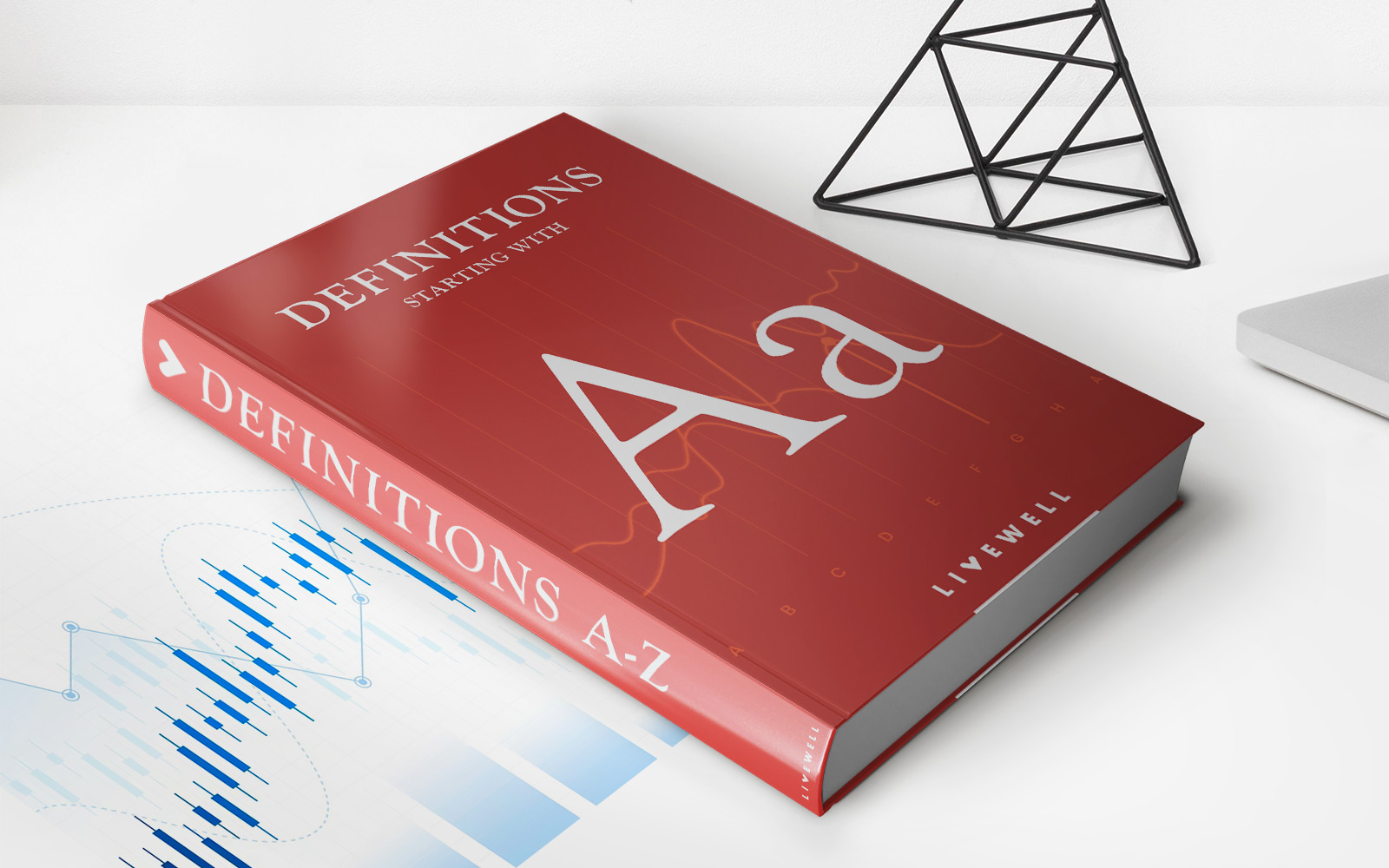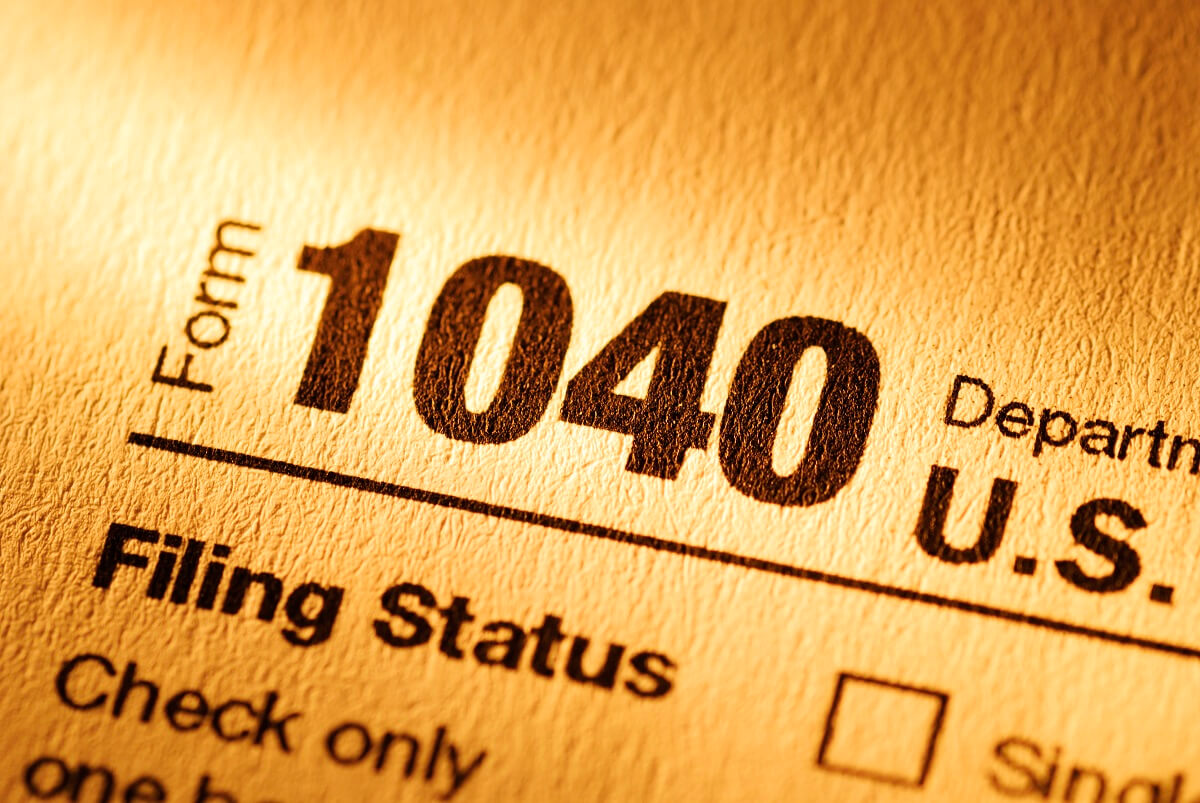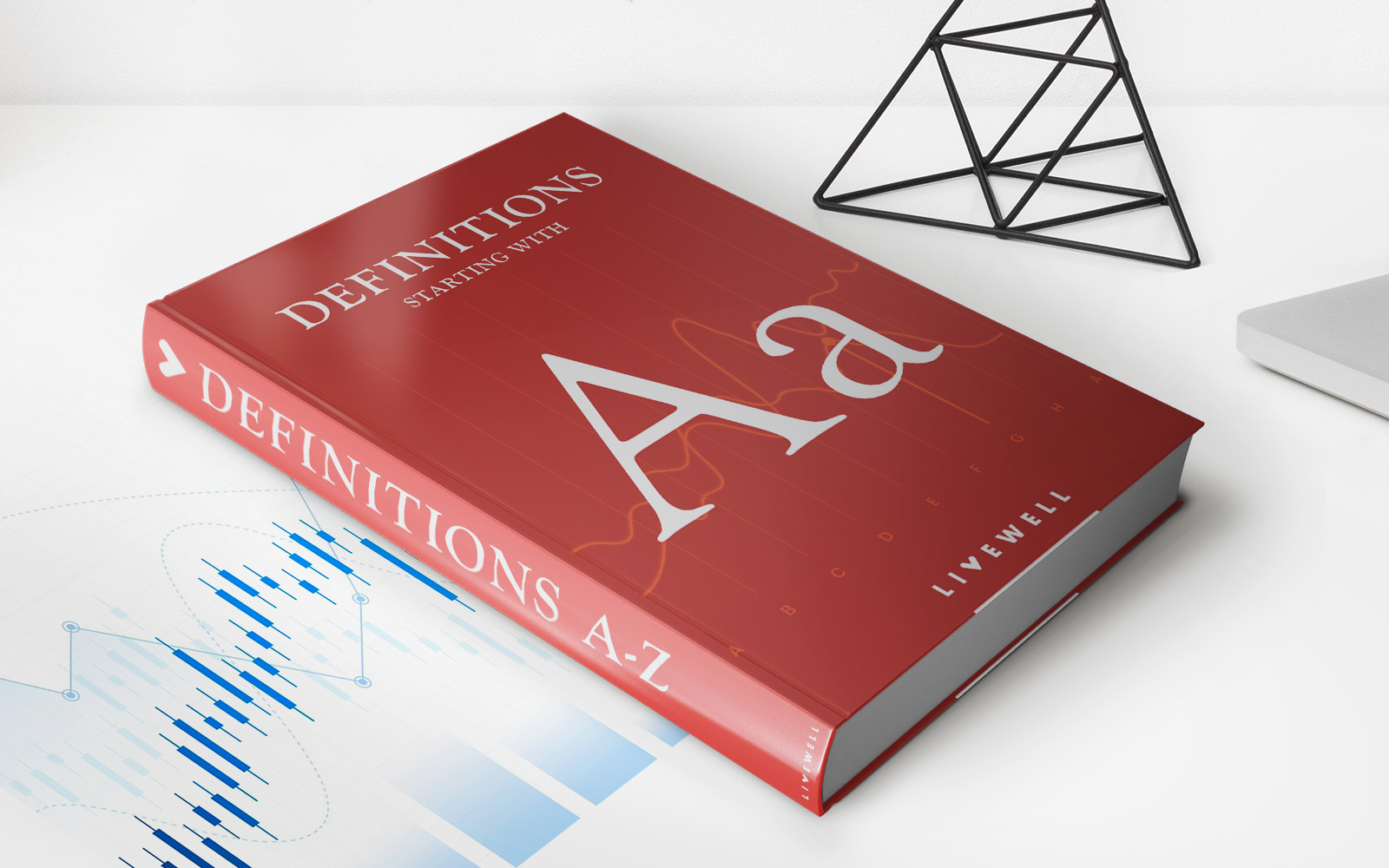Home>Finance>Unqualified Audit: Definition And How It Works In Accounting


Finance
Unqualified Audit: Definition And How It Works In Accounting
Published: February 14, 2024
Learn about unqualified audits in finance, including their definition and how they work in accounting. Discover the importance of maintaining financial integrity.
(Many of the links in this article redirect to a specific reviewed product. Your purchase of these products through affiliate links helps to generate commission for LiveWell, at no extra cost. Learn more)
Unqualified Audit: Definition and How It Works in Accounting
Welcome to our finance category, where we provide valuable insights into various aspects of the financial world. In this blog post, we will delve into the concept of unqualified audit in accounting. If you’re unfamiliar with the term or curious to learn more about it, you’re in the right place. Let’s dive in!
What is an Unqualified Audit?
An unqualified audit, also known as a clean audit opinion, is a report issued by an independent auditor affirming that a company’s financial statements are free from material misstatements. It is the highest and most desirable outcome in an audit process, indicating that the financial records have been examined thoroughly, conform to the Generally Accepted Accounting Principles (GAAP), and fairly represent the company’s financial position.
How Does an Unqualified Audit Work?
The unqualified audit process involves several steps to ensure comprehensive and accurate evaluation of a company’s financial statements. Here’s a breakdown of how it typically works:
- Engagement: The company hires an independent audit firm to conduct an audit of its financial records. The firm assigns a team of auditors who are experts in financial reporting and auditing standards.
- Planning: The auditors assess the company’s accounting practices, internal controls, and risk factors to develop an audit plan tailored to the organization. This phase establishes the foundation for the subsequent audit procedures.
- Evidence Gathering: The auditors collect supporting documentation, such as bank statements, invoices, and receipts, to verify the accuracy and completeness of the financial records. They also conduct interviews and perform physical inspections, if necessary, to corroborate the information.
- Testing and Analysis: The auditors apply various auditing procedures to test the financial transactions and account balances, ensuring compliance with GAAP. They compare the company’s records to external sources, assess the reasonableness of estimates, and evaluate the consistency of the financial statements.
- Documentation and Reporting: After completing the audit procedures, the auditors compile their findings, conclusions, and recommendations into a comprehensive report. If the financial statements are found to be materially correct, they issue an unqualified audit opinion.
Key Takeaways:
- An unqualified audit is a positive outcome in an audit process, indicating that a company’s financial statements are free from material misstatements.
- It requires a thorough examination of the financial records, compliance with accounting principles, and accurate representation of the company’s financial position.
Ensuring that an audit receives an unqualified opinion demonstrates the company’s commitment to transparency, accuracy, and reliability in its financial reporting. It can enhance investor confidence and strengthen the company’s reputation in the marketplace. Now that you understand the definition and process behind an unqualified audit, you can appreciate the importance of this outcome for businesses.
Stay tuned for more insightful content on finance and accounting on our page. If you have any questions or topics you’d like us to cover, feel free to reach out. We’re here to help!














